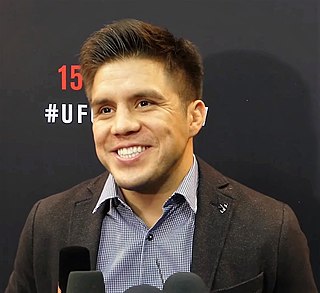A Quote by Sonia Sotomayor
It really takes growing up to treasure the specialness of being different. Now I understand that I've gotten to enjoy things that others have not, whether it's the laughter, the poetry of my Spanish language - I love Spanish poetry, because my grandmother loved it - our food, our music. Everything about my culture has given me enormous education and joy.
Quote Topics
About
Because
Being
Being Different
Culture
Different
Education
Enjoy
Enormous
Everything
Food
Given
Gotten
Grandmother
Growing
Growing Up
Joy
Language
Laughter
Love
Loved
Me
Mother Love
Music
My Grandmother
Now
Others
Our
Our Music
Poetry
Really
Spanish
Spanish Language
Specialness
Takes
Things
Treasure
Understand
Up
Whether
Related Quotes
I didn't ever consider poetry the province exclusively of English and American literature and I discovered a great amount in reading Polish poetry and other Eastern European poetry and reading Russian poetry and reading Latin American and Spanish poetry and I've always found models in those other poetries of poets who could help me on my path.
I had no one to help me, but the T. S. Eliot helped me. So when people say that poetry is a luxury, or an option, or for the educated middle classes, or that it shouldn’t be read at school because it is irrelevant, or any of the strange stupid things that are said about poetry and its place in our lives, I suspect that the people doing the saying have had things pretty easy. A tough life needs a tough language – and that is what poetry is. That is what literature offers – a language powerful enough to say how it is. It isn’t a hiding place. It is a finding place.
































